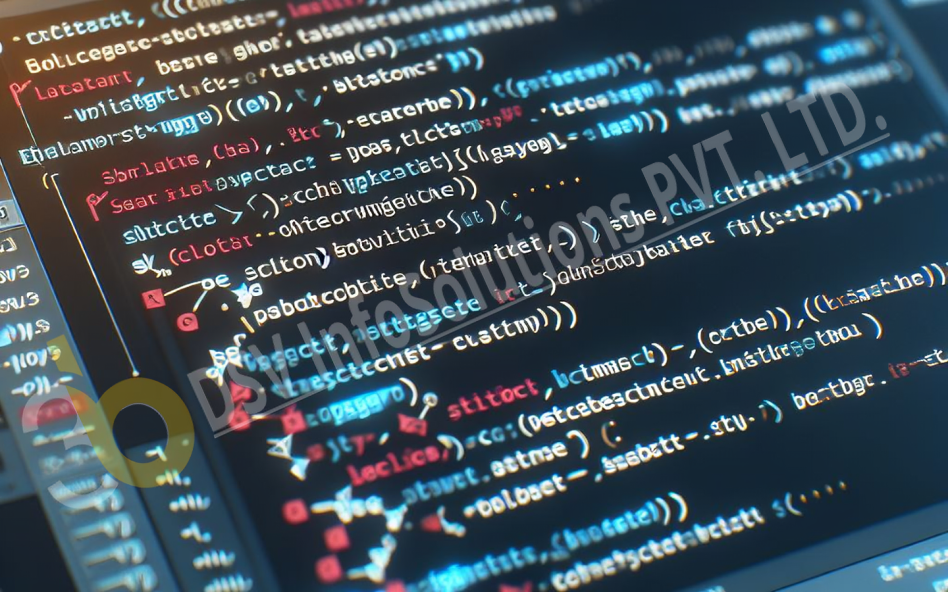Enhancing Security in DApp Development: Exploring the Latest Advances for Improved Safety
In the rapidly evolving landscape of decentralized application (DApp) development, security remains a paramount concern. As the reception of blockchain innovation keeps on flooding, designers face a horde of difficulties in defending their DApps against arising dangers and weaknesses. In this blog, we'll explore the latest advancements in security practices for DApp development, addressing common vulnerabilities and ensuring user protection.
The Growing Importance of DApp Security
With the rise of decentralized finance (DeFi), non-fungible tokens (NFTs), and other innovative DApp ecosystems, the stakes for security have never been higher. Malignant entertainers are continually examining weaknesses, trying to take advantage of shortcomings in brilliant agreements, wallets, and decentralized networks. As such, developers must stay ahead of the curve, implementing robust security measures to protect users and assets.
Advancements in Security Practices
Formal Verification: Formal verification techniques, such as mathematical proofs and model checking, are gaining traction in DApp development. These strategies empower designers to dissect shrewd agreements for rightness and security weaknesses, decreasing the gamble of basic imperfections thoroughly.
Static and Dynamic Analysis Tools: An array of static and dynamic analysis tools are available to help developers detect vulnerabilities in smart contracts and DApp code. These apparatuses perform mechanized checks, distinguishing potential security issues, for example, reentrancy bugs, whole number spills over, and rationale mistakes.
Secure Development Frameworks: Frameworks tailored specifically for secure DApp development are emerging, providing developers with best practices, code templates, and security guidelines. These frameworks streamline the development process while promoting security by design.
Evaluating and Infiltration Testing: Outsider reviews and entrance testing are fundamental parts of an extensive security system. Engaging reputable auditing firms and security experts can help identify vulnerabilities and ensure that DApps are resilient to attacks.
Multi-Signature Wallets: Multi-signature wallets, which require multiple signatures to authorize transactions, are widely used to enhance security in DApp ecosystems. By distributing control among multiple parties, multi-signature wallets mitigate the risk of unauthorized access and protect user funds.
Addressing Common Vulnerabilities
While the security scene is consistently developing, a few normal weaknesses present tenacious dangers to DApp security:
Reentrancy Assaults: Weaknesses that permit noxious agreements to reappear a capability before the past conjuring finishes.
Front-Running: Taking advantage of the time deferred between the accommodation and execution of exchanges to control the result of exchanges.
Smart Contract Bugs: Logic errors, integer overflows, and other programming mistakes that can lead to unintended behavior or asset loss.
Ensuring User Protection
In addition to technical safeguards, ensuring user protection is paramount in DApp development:
Client Instruction: Teaching clients about security best practices, for example, getting private keys and checking contract addresses, can assist with forestalling normal traps and moderate dangers.
Straightforwardness and Evaluation: Giving straightforwardness around project improvement, security reviews, and code surveys imparts trust and certainty among clients, cultivating a safer biological system.
Conclusion: A Secure Future for DApp Development
As DApps continue to proliferate and blockchain technology evolves, security will remain a cornerstone of success. By embracing the latest advancements in security practices, addressing common vulnerabilities, and prioritizing user protection, developers can build resilient and trustworthy DApp ecosystems. Together, let's pave the way for a secure future in decentralized application development.












 (1).png)

























